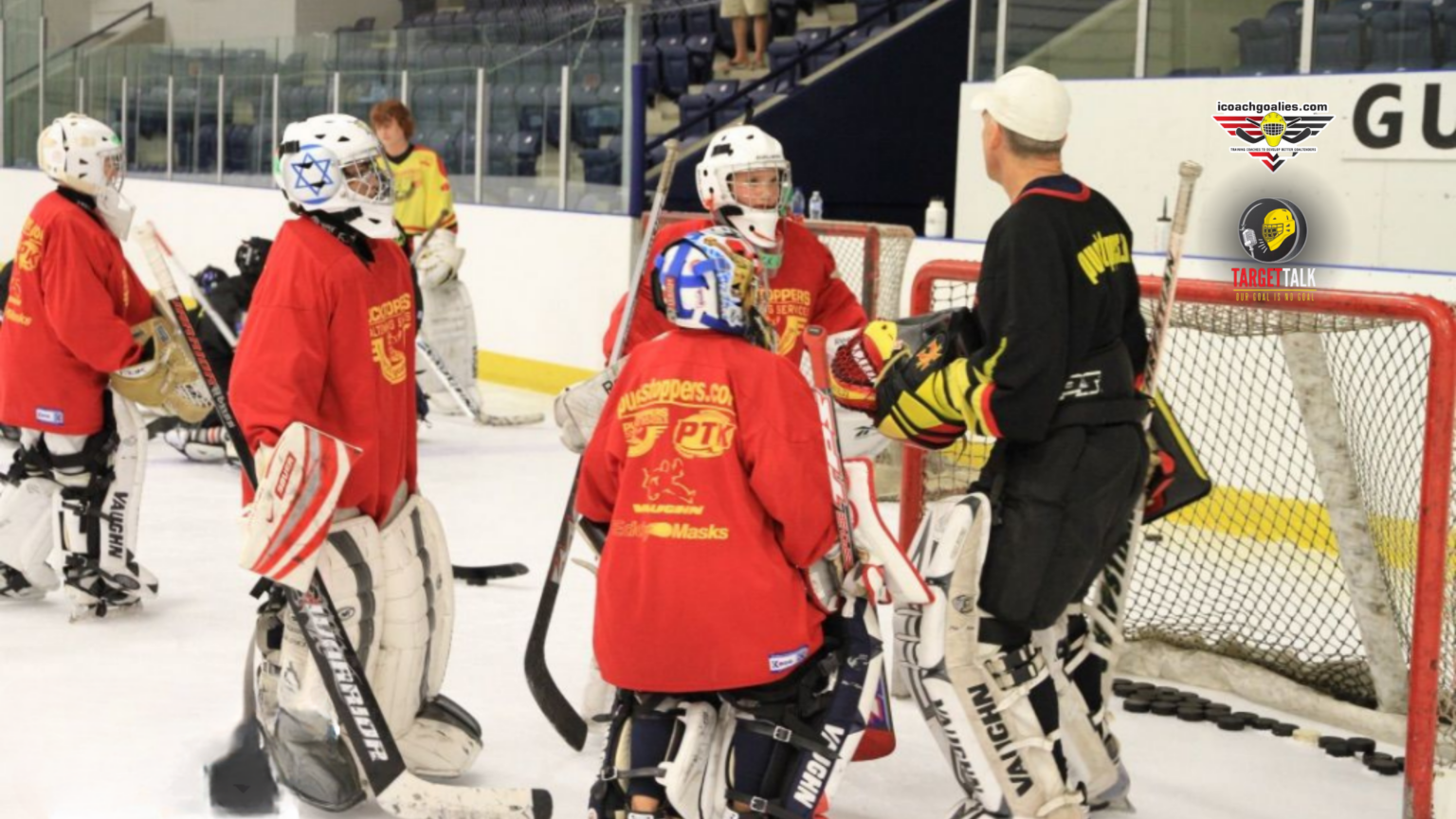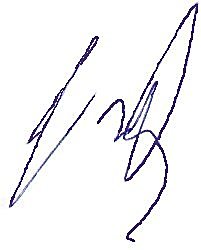Menu
/*Login Text CSS*/
.xoo-el-login-tgr,.xoo-el-reg-tgr, .xoo-el-active, .btn.button.xoo-el-action-btn, .xoo-el-action-sc {
font-size: 17px;
text-transform: uppercase;
font-weight: 500;
font-family: ‘Roboto’, sans-serif!important;
}
/*Login Text CSS*/
.xoo-el-login-tgr,.xoo-el-reg-tgr, .xoo-el-active, .btn.button.xoo-el-action-btn, .xoo-el-action-sc {
font-size: 17px;
text-transform: uppercase;
font-weight: 500;
font-family: ‘Roboto’, sans-serif!important;
}


Hockey coaches are incredibly generous individuals. They give their time and effort to positively affect the lives of young hockey players and the teams they so diligently work with. They happily attend practices – often at ungodly hours of the morning — in freezing cold, damp, dingy hockey arenas throughout the world.
Without these great people, the games and practices could not happen. The role of a minor hockey coach is to DEVELOP and correct weaknesses, instil confidence, and lead. They do their best, and they take pride in their teams, the results, and the difference they make. Coaches in general are caring people who love the game of hockey. They want the players and goaltenders to improve and do well. We must appreciate, applaud, and congratulate them for their dedication.
Goaltending, and sometimes the goalies themselves, are “foreign” to many coaches who are embarrassed by their own lack of goaltending knowledge. This often leads to an overbearing approach — or the opposite, where coaches completely ignore their goalies. Neither approach helps anyone.
The fact is that coaches don’t have the time to learn the entirely different “language” spoken by goaltenders. With just one or two goalies on the team and 12 to 17 other players that require the majority of the attention, the goalies are often overlooked.
This is also an area where coaches are most likely to do the wrong things for the right reasons. They want the team to do well and they want the goalies to get better, so they begin to invent drills and create new ways of teaching the position, all without the knowledge or expertise needed to do it properly.
There are many well-meaning people who regularly ruin a young goaltender’s enthusiasm for the game and destroy the self-esteem and confidence that are required at every level of the game for a goalie to play his or her best.
These people are not evildoers or criminals; they are simply coaches and parents trying to teach goaltending, when they know little — or nothing — about goaltending.
They believe they are helping, but they are doing the exact opposite. If you are not well-versed in goaltending techniques and skill development, my absolute best advice is to learn the Essential Core Goaltending Skills and stick to them.
The biggest complaint I have heard in my nearly 30 years as a professional goalie coach is that the people who try to help goalies, for the most part, simply do not have the knowledge or rudimentary skill set to properly accomplish the task.
I believe that all coaches must be given the tools to teach their goaltenders the Essential Core Goaltending Skills. Every coach must be trained and tested on these skills as part of their overall certification, and this training must include technical skills, basic knowledge, and a strong understanding of how decisions can affect the psyche of a young goaltender.
If coaches were to simply do this, 90% of fundamental goaltending issues would disappear. The mechanics and basics are the absolute most important things you can teach, reinforce, and demand from your goalies.
Everyone needs to remember that coaches volunteer their time and show up to allow the games to happen. They are given no technical knowledge or training with respect goaltending but are then expected to work with and develop their goaltenders — who are playing the most technical position in sports.
This really is an absurd system, and our coaches are unfairly blamed for not knowing what to do with the goalies, but they are given no direction…
Chris Dyson is passionate about hockey. He is an advocate for the ethical advancement of children in minor sports and on a personal mission to improve grassroots hockey by positively affecting 50,000 goaltenders and coaches: helping children to love the game, learn life skills, and continue playing longer.
He believes enjoyment of the game for minor hockey-aged goaltenders (and players) is paramount, and that this can be achieved through the development of better coaching skills and the elimination of unnecessary negativity, which will inspire confidence through improved play. He is a man with vision and perseverance who understands adversity and the benefits of good coaches very well. Despite facing formidable odds and harbouring the improbable dream of a hockey career, he has thrived for over three decades as a professional goaltending coach. Born with a congenital heart defect, he spent much of his childhood in hospitals, experiencing major open-heart surgery, multiple pacemaker implants, an alcoholic mother, and a deadbeat dad who disappeared when things got tough. This included over 100 cardiac arrests in a single day – few people survived even one or two at that time. Dyson is a published author and professional goalie coach/consultant, coaching students from 19 countries through his company, Puckstoppers Goaltending Development. His biggest disappointment is seeing so many young goalies quit the game they love because of misdirection, improper coaching, and a lack of empathy. His critically acclaimed and bestselling book, Target Practice – 8 Mistakes That Ruin a Love of the Game, was written to help coaches and parents better understand the Essential Core Goaltending Skills (ECGSs). Dyson is the visionary behind the world’s first and premier online educational training and certification system, exclusively designed to assist coaches and parents in understanding how to work with and develop goaltenders effectively.
He has also created a series of free online resources

AUTHOR I GOALTENDING & EQUIPMENT CONSULTANT I SPEAKER
FOUNDER, PUCKSTOPPERS GOALTENDING DEVELOPMENT & ICOACHGOALIES.COM
